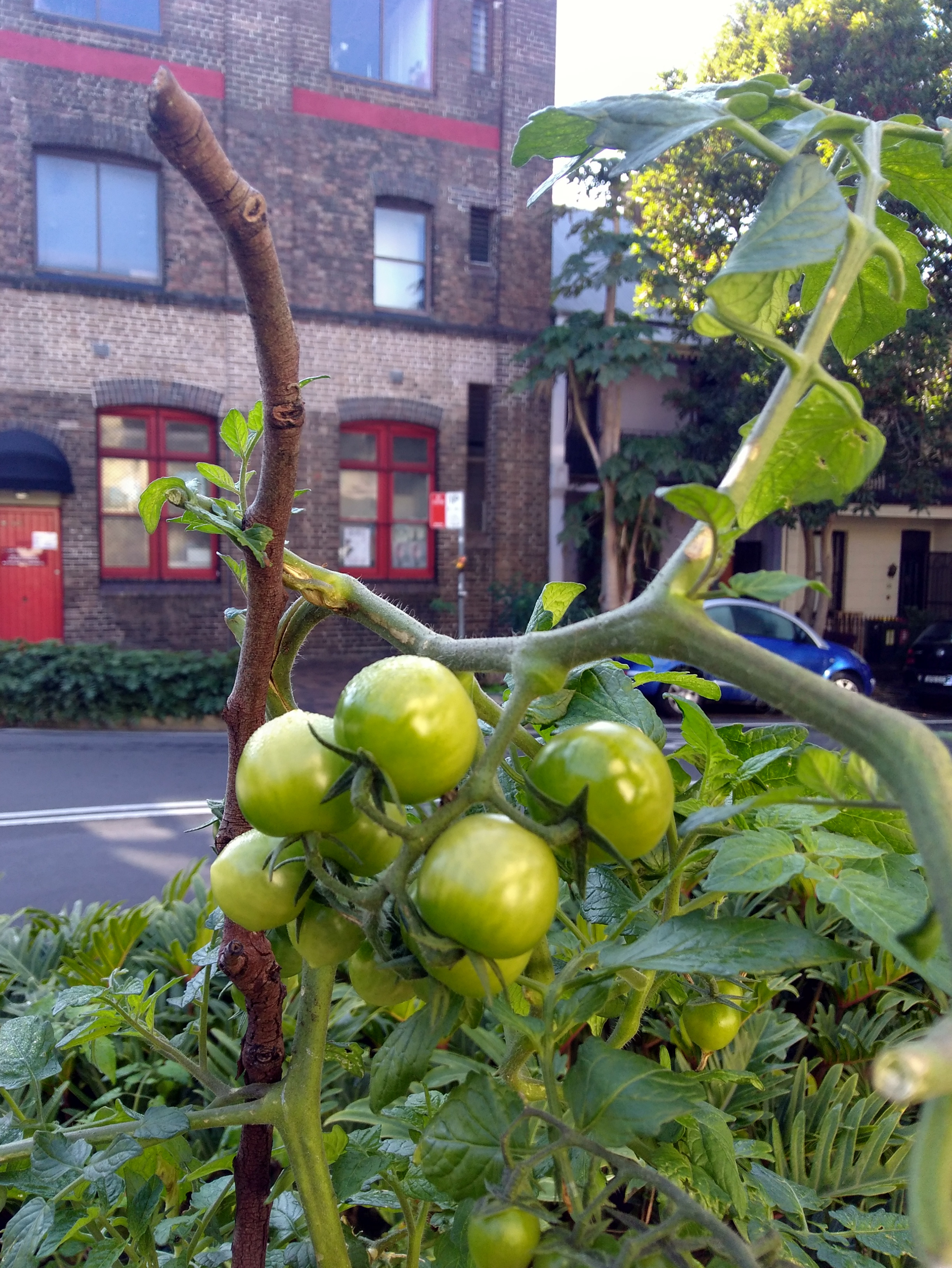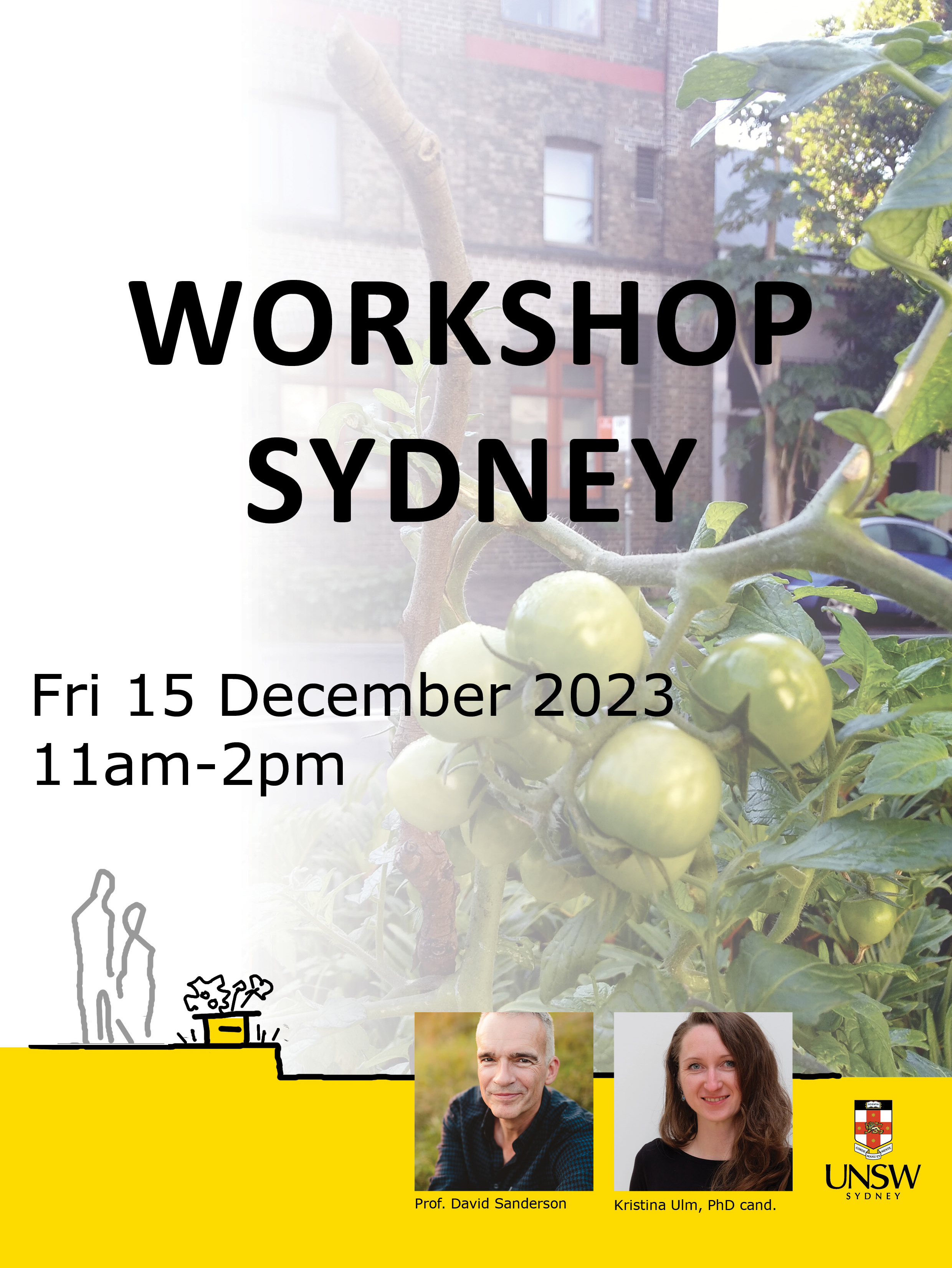Can you pick fresh herbs for your lunch? Most people living in cities cannot. This is slowly changing through the growing practice of public gardening, a form of urban gardening.
Public gardening is hereby defined as privately gardened spaces in public open space that are publicly accessible at all times. They are sometimes known as verge gardens, nature strip gardens, footpath gardens or even guerrilla gardening.
The benefits of gardening in urban areas are widely acknowledged. However, there is a knowledge gap on local government policy towards public gardening and the relationships to other actors, like people informally gardening the streets. The main research questions are (1) What are the different types of policy approaches to public gardening? And (2) What is the governance for public gardening? To study these questions case study research in Greater Sydney, Australia, and South Baden-Wuerttemberg, Germany is conducted.
A novel systems approach is developed to examine the governance of public gardens from the perspectives of the different involved stakeholders like council staff, gardening citizens, and neighbours. Data collection occurs through interviews, systems diagrams, document analysis and participant observation.
This research aims to contribute to the academic discourse of governance of urban gardening and inform policy as well as an activist agenda for public gardening.
Keywords: Urban Gardening; Citizen participation; Policy innovation; Community collaboration; Public Space; Systems thinking





